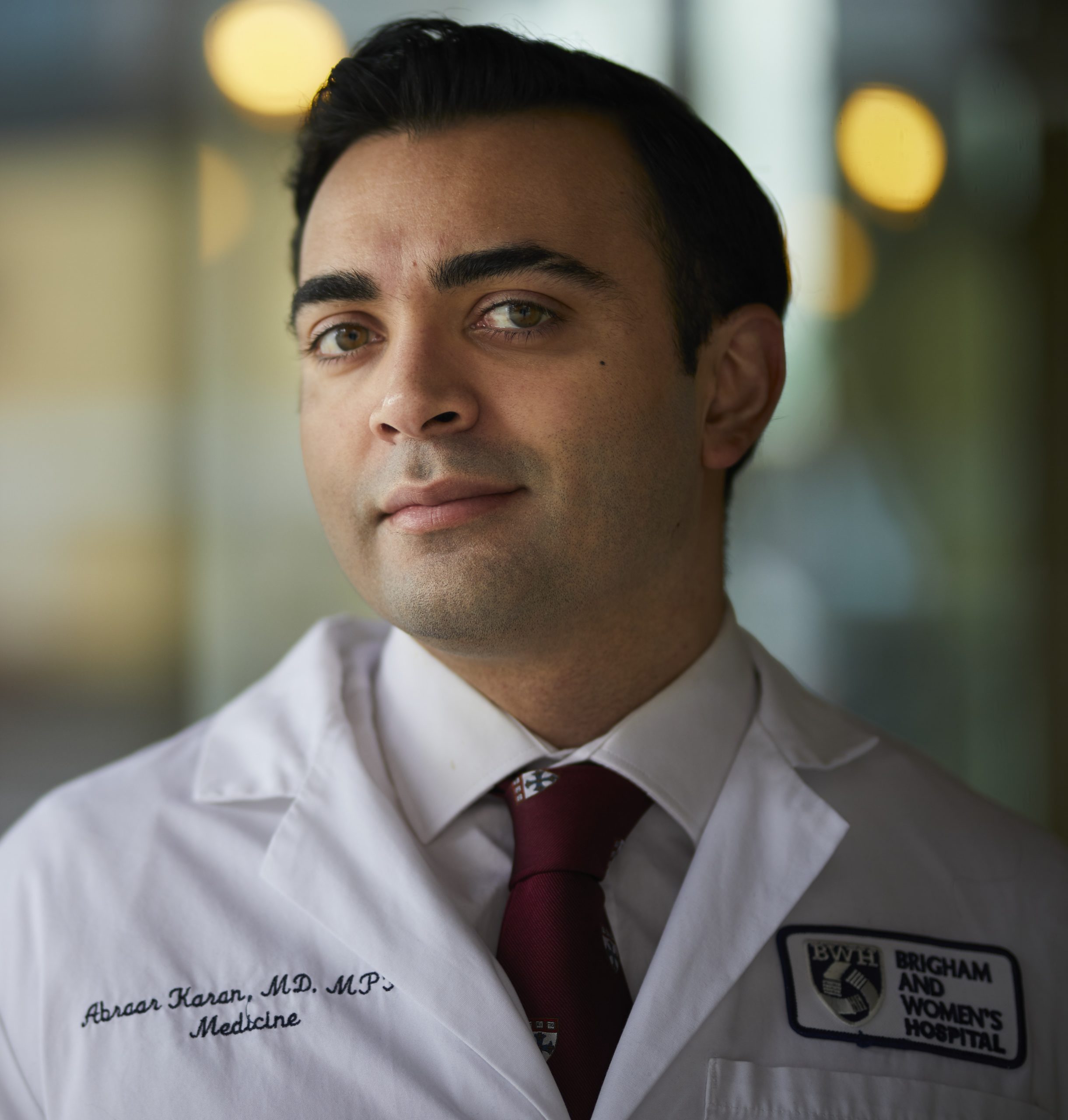We should not underestimate our role as individuals in stopping the pandemic, writes Abraar Karan
 As the covid-19 pandemic continues surging globally, the failure of many government responses can leave us feeling like the pandemic is out of our control. But there is a lot that we as individuals and families can still do now, and that we will need to continue to do even with strong government leadership, to stop the pandemic.
As the covid-19 pandemic continues surging globally, the failure of many government responses can leave us feeling like the pandemic is out of our control. But there is a lot that we as individuals and families can still do now, and that we will need to continue to do even with strong government leadership, to stop the pandemic.
Here are a few key lessons that we as individuals should keep in mind:
Stigma is hurting the response
For many people, testing introduces stigma and responsibility—and not everyone will voluntarily do this. We must reduce the stigma around covid-19 infections; we must fight the urge to judge how others are getting infected and we must replace judgment with empathy so that testing and disclosure become normalized. This will allow us to break chains of transmission more easily. If we don’t, we will continue to drive transmission chains out of sight, and the virus will keep spreading silently. Stigma is the Achilles heel of contact tracing efforts. Ending that stigma is on us as communities and individuals.
Quarantine and isolation are for all intents and purposes the same
The term isolation refers to people who are confirmed to have covid-19, while quarantine refers to people who have been exposed. But for epidemic control, these two are functionally the same—if you fall into either category, you should be staying away from others, including in your own home. If you leave your room, you need to be wearing a mask. We have not focused enough attention on curbing covid-19’s transmission in homes, which is a problem given home based clusters and the efficient spread of the virus in households. Attempts to push for out-of-home quarantining and isolation have been relatively unsuccessful in most Western countries. We must do better at this. Our homes are not inherently “safe”—there are many circumstances in which we need to be extra careful in the house, especially if anyone has been exposed.
Our individual choices actually do matter
A friend of mine was recently unable to get tested for covid-19 in time before the holidays, and his parents urged him to come home anyway. He thought about doing so, and decided not to until he could get a test done. Many times throughout this pandemic, we will be confronted with situations like this in which we can take easier paths, but these decisions have a direct impact on infections. If every person began to believe that their actions did matter—that their choice to skip out on a Thanksgiving or Christmas dinner would actually save other people’s lives, we would be much closer to stopping the pandemic. Part of the challenge with this is that prevention is hard to appreciate, because the outcome is something not happening, so it is less tangible. Nonetheless, we must believe that what we do actually matters.
“The covid-19 won’t happen to me” mentality doesn’t work
Over time, pandemic fatigue will get to all of us. It certainly has affected me. And in these moments, we are more likely to exercise mental gymnastics to help justify riskier behaviors. We need to resist that urge, particularly because the virus doesn’t care how tired we are; in fact, it thrives exactly on this sentiment. The opposite of people believing their actions matter is believing that SARS-CoV-2 won’t infect them. The problem is that when millions of people adopt this line of thinking, the virus is far more likely to infect them, and to continue spreading. Every day we will wake up with the choice for how we see our decisions—believing that covid-19 can and will happen to you if you don’t exercise precautions will be a winning strategy.
Individual freedom ends where harming others begins
In the United States especially, we have run into the counterargument against masks that is seated in the old American traditions of freedom and individualism. But these important values extend only so far as they don’t infringe on other people’s right to be healthy and safe. Once that line is crossed, the notion of “freedom” is no longer applicable. Here, a different principle is invoked—that of nonmaleficence, or “doing no harm.” We use this when we treat patients, and the same applies to public masking, especially indoors where viral spread is highest. I urge everyone to begin adopting what will be best for their communities, and to realize that what is best for the community is often also best for the individual when it comes to stopping a pandemic. Wearing your mask is part of that.
Ultimately, we can do a lot by realizing and recognizing that pandemics are not stopped by any single silver bullets, whether those come in the form of drugs, vaccines, better masks, better leaders, or better policies. While all of those are necessary, so too is it necessary for us to realize that much power lies within our communities, families, and our relationships. We are not helpless, no matter how dire the situation may seem. The tireless work of everyday people playing whatever part they can is not a force to be underestimated—it may ultimately be what stops this pandemic.
Abraar Karan is an internal medicine physician at the Brigham and Women’s Hospital/Harvard Medical School and a columnist at The BMJ. He previously worked on the covid-19 response in Massachusetts state. The views expressed here are his own and do not represent those of his employers. Twitter @AbraarKaran
Competing interests: None declared.
